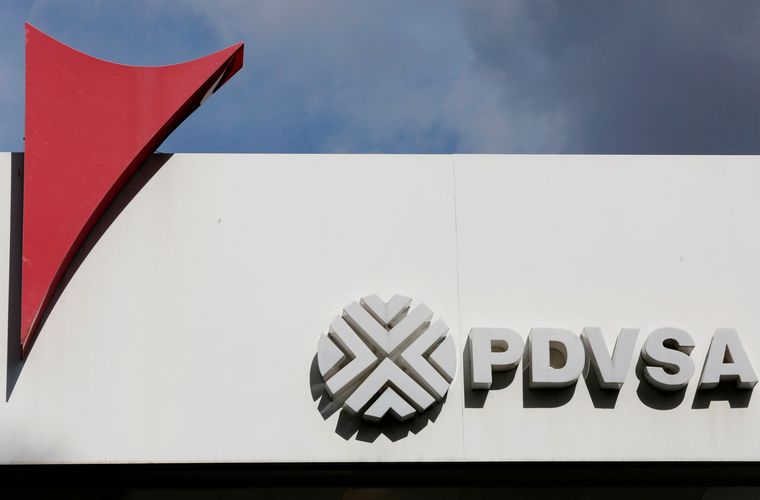PDVSA bonds tumbled Thursday on fears the Venezuelan oil company might fail to make a vital principal payment this week - and open the door to what could be an especially messy default.
PDVSA’s 8.5% 2020s, which have an US$842m amortisation payment due Friday, fell as much as 3.5 points to 80.75 before recovering to 81.50, according to MarketAxess data.
Friday is a pivotal moment for the embattled sovereign, as principal payments come with no grace period, meaning that missing the date could set the country on course for a default.
And a lack of any announcement is making markets extremely nervous.
“To make that deadline tomorrow, they should make that payment today, and you are not hearing anything from the government,” said Ray Zucaro, chief investment officer at RVX Asset Management.
“The silence has become deafening, and it is scaring the market.”
Principal is considered to be paid if the money is deposited as of 10am in New York on the due date, according to the 2020 indenture language seen by IFR.
Thereafter, the country has three business days to cure the situation before credit defaults swaps can be triggered, according to Bank of America Merrill Lynch.
Delayed coupons on PDVSA bonds have already unnerved markets over the past week.
The assumption is that the government is having difficulties moving money through the financial system after the deepening of US sanctions earlier this year.
But it is possible that PDVSA is simply holding the coupon money to ensure that it has enough to get principal paid on time.
Talk that some coupon payments had been made earlier this week raised hopes that the government would make good on the 2020s and a larger US$1.12bn coming due on PDVSA’s November 2 2017s
“They have stated they will make the payments and they have made a coupon payment on one of the bonds,” said Shamaila Kahn, a director of Alliance Bernstein’s emerging markets debt strategies.
And while prices on both the 2020s and 2017s have dropped, this comes on light liquidity, and levels - as of yet - do not indicate a default is on the cards, she said.
“There is a lot of volatility, but the market is not in a panic,” one broker said.
“Yes, bonds are under pressure. But if you really think there was going to be a default tomorrow, the price on the 2020 should be lower than 80.”
Timely payment on the 2020s would likely cause a bounce in prices on the belief that Venezuela would not waste precious resources to pay one bond only to default on the 2017 next week.
“If you are not going to pay,” said Zucaro, “you just stop paying.”
